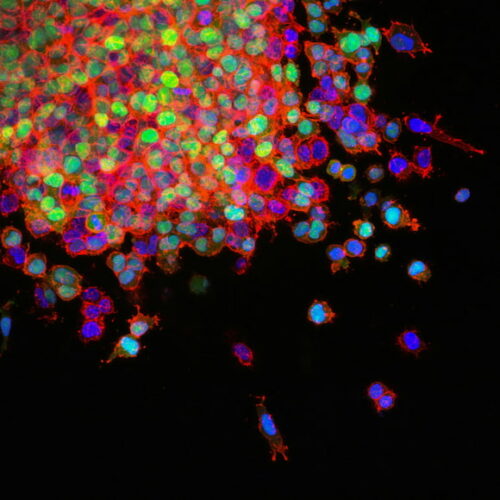
Health and Care Systems Governance and Policy
ZEKO Beleuchtet Ärztliche Rolle und Handlungsmöglichkeiten im Rahmen von Planetary Health. Bundesärztekammer.
• News
Explore Planetary Health
Browse or search our curated collection of research articles, tools, videos, and other Planetary Health resources. Featuring approximately 2,000 research articles and additional tools spanning a variety of thematic areas, our library has information on Planetary Health for every audience — whether you’re exploring the field for the first time, an educator hoping to engage Planetary Health in your classroom, a seasoned scientific researcher, or someone looking to making a difference in your community and in the world. New resources are added every month.
Contact us to suggest items to add to our library and sign up for our newsletter to receive updates on the latest additions.
All Resources
Health and Care Systems Governance and Policy
• News
Nutritional Diseases Food Systems
• Research & Reports
Communications Youth Voices
German-language podcast: Zukunft gestalten – Der Podcast über Planetary Health (Shaping the Future – The Podcast about Planetary Health).
• Podcasts
Mental Health Air Pollution
• Research & Reports
Noncommunicable Diseases Biodiversity Loss
• News





